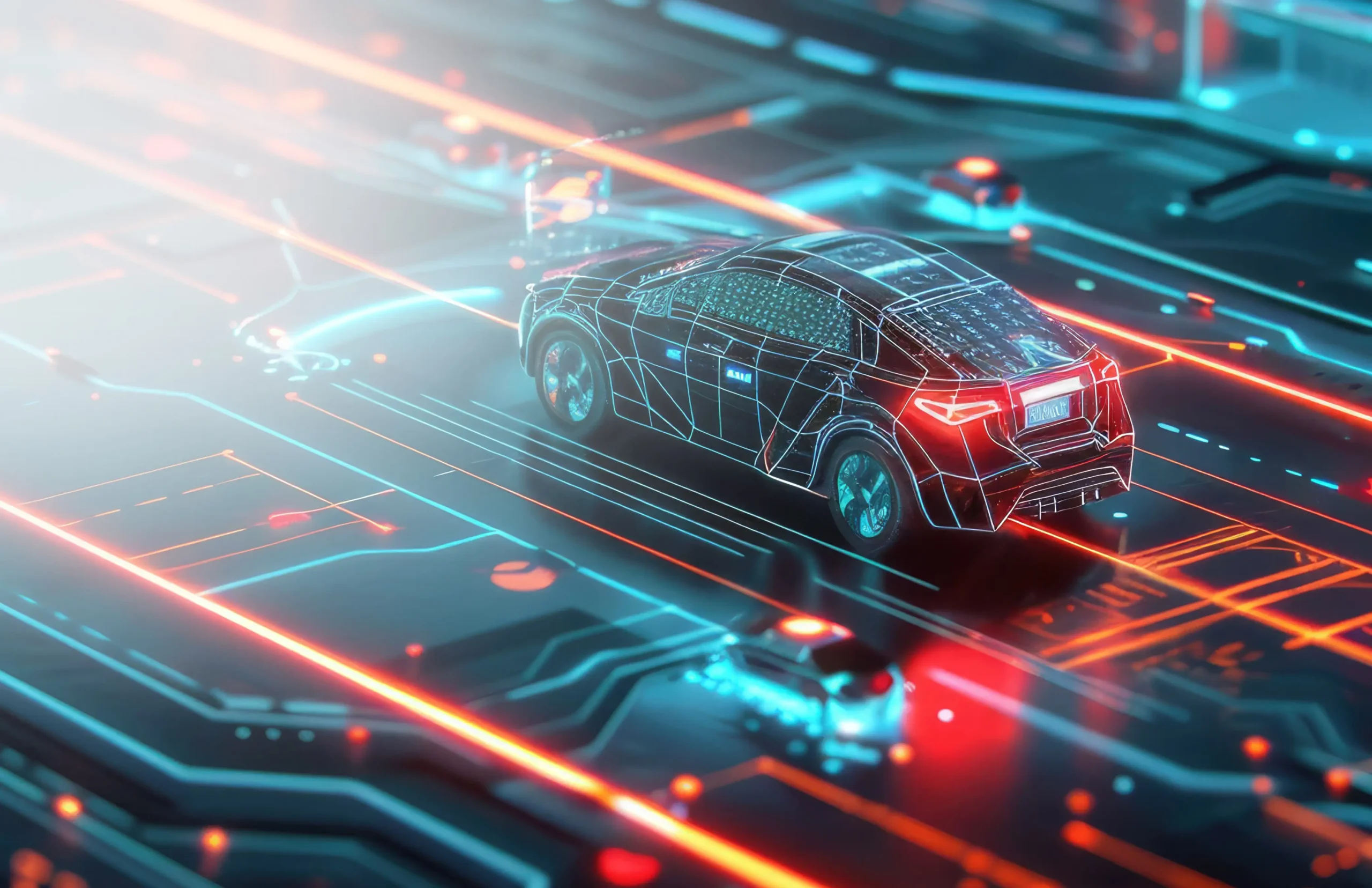With the sudden surge in demand for electric vehicles, the EV automakers are focusing on long-range battery vehicles and investing in enhancing the EV charging infrastructure.
One of the prime concerns of EV users is the range of their vehicles. This range anxiety among customers cannot be compensated by larger EV batteries or a more extended range of their vehicle alone; the charging infrastructure needs to be addressed as well.
EV charging solution providers are focusing on providing more innovative and reliable e-mobility charging solutions that help create a digital space linking vehicles, buildings, and utilities. Electric vehicles require compact EV charging solutions that ensure faster and on-demand charging and robust connectivity to support electric vehicles’ current and future needs.
Types of Electric Vehicle Charging
- Level-1 EV Charging (120 Volts): Level-1 electric vehicle charging supports 120 volts and can be done using a power cord and a control box that comes with most electric vehicles. Level-1 charging is very convenient and can be done at home. Level-1 EV chargers do not incur any installation cost and can simply be plugged in. The only drawback with level 1 chargers is that it takes approximately 16-18 hours to charge a 60-kWh vehicle.
- Level-2 EV Charging: Level-2 electric vehicle charging equipment supports currents up to 240V AC and requires installing electric vehicle supply equipment (EVSE) and electric wiring capable of handling higher voltage power. The time taken to charge a battery depends on its capacity and the pace at which it is charged. Charging through Level-2 chargers is much faster than Level-1; a 7 kW EV charger takes 7 to 8 hours to charge a 60-kWh vehicle. Level-2 chargers can be used for domestic or workplace environments such as homes and apartments, small workplaces, hospitality, and retail stores.
- Level-3 EV Charging (480 Volts): Level- 3 EV charging, also called DC fast charging, can charge compatible vehicles up to 80% in as little as 30 minutes. Level 3 chargers convert high voltage AC power into DC power for direct storage in EV batteries. DC fast charging is primarily designed for public charging stations. These systems are quite expensive as compared to level-1 and level-2 EV chargers. It takes approximately 20 to 30 mins to recharge an electric vehicle using DC (level-3) charging. DC (level-3) EV chargers have commercial applications as they are the right fit for vehicle fleets and public transport, such as electric buses, that require fast charging and can accommodate a large number of vehicles simultaneously.
It is also imperative to consider the range of the electric vehicle after charging the vehicle for an hour. The efficiency of an electric vehicle does not entirely depend on the power that it accumulates from the charging station; it also depends on external factors such as traffic, temperature, acceleration, and more. 3 to 7 KWh of stored energy (in the battery) enables the vehicle to travel between 15 and 30 miles. This quantum of charge can be obtained in an hour from an AC level 2 charger. Rather than recharging the EVs from empty to full, EV owners prefer to do a top-up charge. A top-up charge is typically when the vehicle is charged to its maximum capacity without waiting for the battery to run empty.
RELATED BLOG
Understanding the Components of EV Charging Station
The EV charging station comprises an Electric Vehicle charger, Power Grid, Facility Meter, Energy Controller, Software platform, Network operating center, and other relevant components.
The power storage system at Electric Vehicle Charging Station consists of three main units: Battery, Power Conversion System, and Software. Let’s discuss them in detail:
- Battery: At EV charging stations, the batteries are primarily lithium-ion batteries, consisting of cells, packs, battery management system (BMS) to manage control of the charge and discharge of the battery.
- Power Conversion System: The power conversion system for the EV charging station comprises an inverter, its enclosure, and thermal management (HVAC) for batteries to maintain the battery at a specific temperature.
- Software: Electric Vehicle Charging Software is an integral part of EV charging infrastructure. It helps charge point operators and e-mobility service providers to manage EV charging stations and their customers. EV charging software (web or mobile based) helps in managing the EV chargers at charging stations. Some of the key features of the EV charging software are: connect and monitor the charger, automatic fault detection, live meter display, billing and payments, track costs, manage users, interactive dashboard, and more.
Use Cases of EV Charging in Different Environments
EV solution providers target all kinds of customers with state-of-the-art smarter, more reliable, more accessible, and emission-free solutions. The latest EV charging solutions have a compact design, high-quality AC wall boxes, DC fast charging with robust connectivity, and separate on-demand EV charging solutions for EV fleets. Some of the business use cases of the Electric Vehicle Charging Solutions are:
Residential Charging: EV Charging solution vendors provide easy to install EV chargers for individual houses, housing societies, and residential buildings. Home chargers are well integrated with proper safety features for people and electric vehicles. These chargers are compact, lightweight, have attached AC input cables and DC output cables, and provide flexibility to be used as portable chargers or to be wall-mounted. These chargers have more than 95% conversion efficiency, lowering the total cost of ownership of battery-powered vehicles.
Public Charging: Public charging stations use AC Type 2 chargers, which are suitable for general applications such as workplaces, businesses, malls, hotels, and public commercial charging. These systems are robust and durable and can be managed by a centralized management software. EV charging solutions installed in public places offer simple plug-and-play devices and charge all the type 2 compatible vehicles. The admin can use RFID tags for user authentication and remotely manage the applications and energy costs through the software associated with these chargers.
Fleet Charging: EV Fleet charging solutions require a DC charger to support all types of vehicles and charging needs. These fast DC chargers come with cutting-edge technologies in hardware design and application software. They also allow seamless integration with payment platforms and are capable of firmware and software up-gradation over-the-air. These DC chargers can accommodate 30KW – 300 KW of EVs.
The Future of EV Charging
Electric vehicle charging infrastructure is moving towards utilizing renewable sources of energy like solar and wind, and vehicle to grid (V2G) or Bidirectional chargers are steps in this direction. On the other hand, to reduce range anxiety among EV owners and to make using EV chargers easier, wireless charging of electric vehicles is also creating a buzz in the automotive marketspace.
With the electric vehicle infrastructure falling in place, the industry is looking forward to delivering e-mobility solutions that are not restricted to automobiles and develop capabilities to energize our highways, industrial fleets, and businesses, cities, and utilities.
eInfochips (An Arrow Company), as a complete design & development partner for next-generation electric vehicle chargers, can assist the clients in hardware design, firmware development, software, connectivity & testing across basic & advanced variants of the electric chargers. To know more please contact our experts today.













